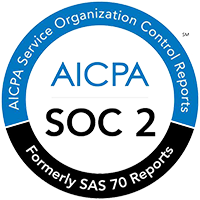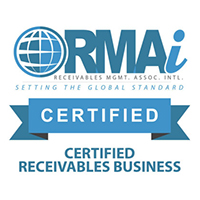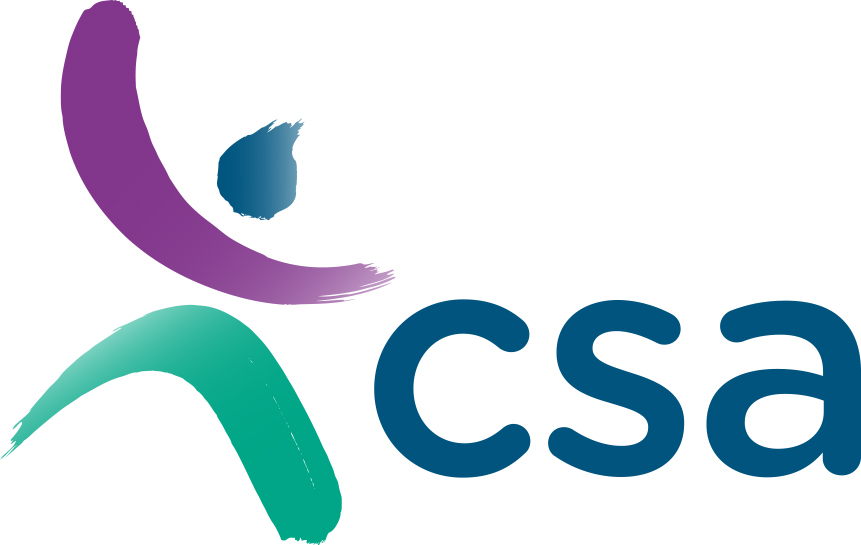What Does Buying Debt Mean?

When it comes to buying debt, although this may seem like a relatively straightforward concept, there are probably a few things you’d be surprised to learn. For instance, you may be unsure of the process that takes place before the debt is bought!
To help you get a full picture of buying debt, we’ve explored some of the key themes below:
Why Do Lenders Sell Debt?
While the primary job of a lender is to provide credit to people who need it, they’re also generally pretty well trained in collecting money. So why do they sell debt? The main reason for this is that the majority of lenders aren’t specialists in chasing debts that are far in arrears. Nor are they experts in tracking down people who are not paying their debts.
There comes a point, especially with short term loans, where a creditor is spending more money chasing a debt than it’s worth. Some lenders therefore choose to sell on older debts to a collection agency or other organisation. They’ll get money back into the business straight away, and will no longer be responsible for chasing the debt.

What is a Default Notice?
Before a lender can sell a debt, in most cases they are required to first send out a default notice to the borrower. A default notice is a letter warning the borrower that their account will default within two weeks (sometimes slightly more) due to missed payments. The letter gives the individual the chance to make the due repayments, so that their account can carry on as normal. If they’re unable to do this, the account will be defaulted.
Typically, a default notice will be sent three to six months after payments start being missed. Though it’s interesting to note that a notice can be sent if less than the full due amount is paid during this time. So if a borrower had due repayments of £150 a month, and was making payments of £140, a default notice could technically be sent.
Another thing to bear in mind with default notices is that they only apply to debts regulated by the Consumer Credit Act. These debts include store and credit cards, store finance and catalogues, hire purchase agreements, as well as personal and payday loans. Mortgages, household bills, and council tax are not included in the Act.
Buying Debt
If you’re interested in buying debt, there are a number of considerations you should take into account first. Initially, you will need to decide what kind of debt you’d like to work with. Some types of loan are more common than others, while others are easier to liquidate. Make sure you’re familiar with all the ins and outs of the type of debt you opt for, so that you can ensure you get the best return. Types of debt include payday loans, personal loans, credit cards and bad credit loans.
Once you’ve decided which type of debt you’d be interested in buying, you can start to evaluate the debt. You’ll be provided with an overview of the debt portfolio and can use this information to see whether it’s a good fit for your collection team. Some of the details provided will include:
- The name of the original creditor
- The type of debt
- How many accounts are in the portfolio
- The total principal amount of the debt in the portfolio
- The average date that the default notice was sent
- The price to purchase the debt portfolio
Each of these categories should tell you something about the average loan within the portfolio, so you can get a feel for the debt you’d be buying. And if you have any questions about an individual portfolio, you can speak with the seller or broker.

Benefits of Buying Debt
There are a number of advantages to buying debt, whether you’re new to the industry or have purchased many debt portfolios previously. However, it’s important to remember that there is risk involved, so you should carefully weigh up each portfolio before buying or speak to an expert for advice.
Perhaps the main benefit to buying debt is that you can purchase it for an incredibly low price – sometimes as little as pennies on the pound. This essentially means that even small repayments towards an account can become profit for a debt buyer. You don’t need to collect even a fraction of the total due in order to make money.
Another great thing about purchasing debt is that you’re often able to use more creative methods for debt collection than the original lender. For instance, not all lenders have a policy in place for issuing a County Court Judgement (CCJ) against a borrower, whereas a debt collector may wish to take the account to court. Overall, there tends to be more flexibility for debt buyers than lenders.
If you’re interested in buying debt, get in touch with us today to discuss your needs and requirements. You’ll gain access to one of the largest portfolio selections for sale in the world and can start making a healthy return in no time.


